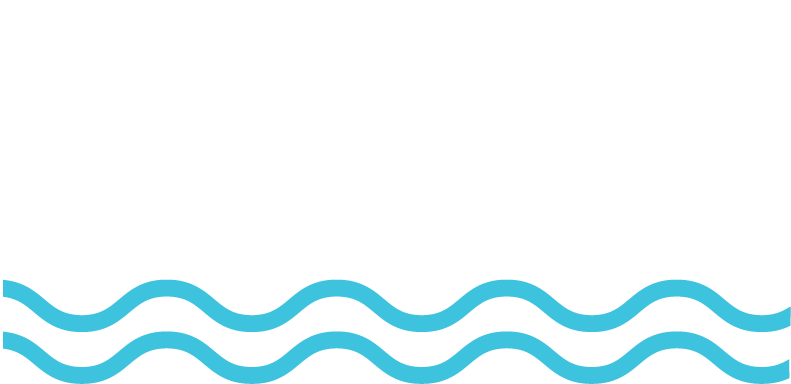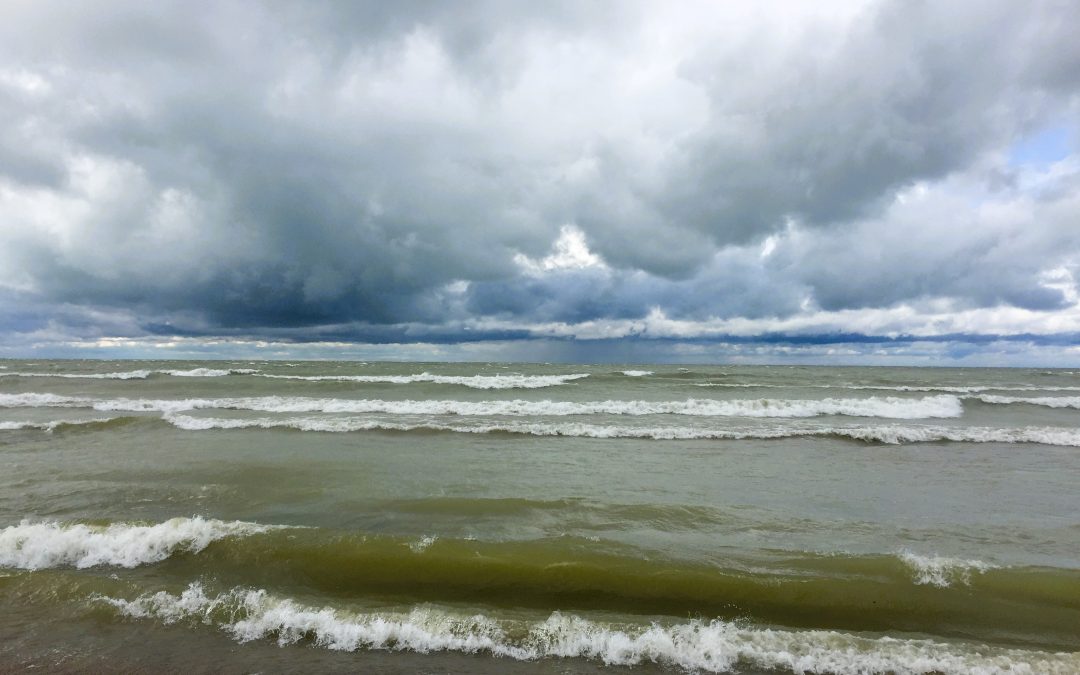The Department of Fisheries and Oceans Canada (DFO) helps to protect and manage the health of local aquatic ecosystems and resources.
- Shoreline Conservation: Protects and restores coastal habitats to support healthy fish populations and resilient ecosystems.
- Emergency Response and Enforcement: DFO officers may assist in enforcing fisheries laws and regulations, ensuring safe and legal fishing practices in the area.
- Fish Habitat Protection: DFO works to protect and restore fish habitats in Lake Huron and nearby waterways, helping maintain healthy fish populations that support local fishing and recreation.
- Sustainable Fisheries: The department supports the conservation and sustainable management of both commercial and recreational fisheries, ensuring long-term access to fish and aquatic resources.
- Aquatic Invasive Species: DFO monitors and responds to invasive species like sea lamprey and zebra mussels, which can harm local ecosystems and fishing interests.
- Science and Research: Through monitoring and research, DFO helps understand changes in water quality, fish populations, and the impacts of climate change on the Great Lakes.
- Indigenous and Community Partnerships: Collaborates with Indigenous and local communities to support shared stewardship of aquatic ecosystems.
- Public Education and Outreach: Promotes awareness of marine conservation through programs, resources, and community engagement.
Construction or development projects near water
In-water work windows are defined by the DFO. The MVCA and MNRF may also have additional restrictions on work windows when granting permits for shoreline development. For the Southern Region, which incudes Port Albert and the Nine Mile River, work windows to protect species in our area are:
| Spring Species: Walleye, Northern Pike, Large/ Smallmouth Bass, Rainbow Trout | Fall Species: Lake Trout, Brook Trout, Pacific Salmon, Lake Whitefish |
| Restricted: Mar 15 – July 15 | Restricted: Sep 15 – May 31 |
If you’re undertaking a construction or development project in or near fish habitat you may require a permit from the DFO, especially if there are aquatic species at risk involved. Review DFO information for projects near water including:
- Drainage, flooding and erosion control
- Water level and flow management
- Stormwater and wastewater management
- Construction, repairs and maintenance of bridges, causeways or culverts
- Activities related to cottage, boating and recreation, such as docks and beaches
- Harbours and marine commercial activities
Always check for the most up-to-date information directly with the DFO.

